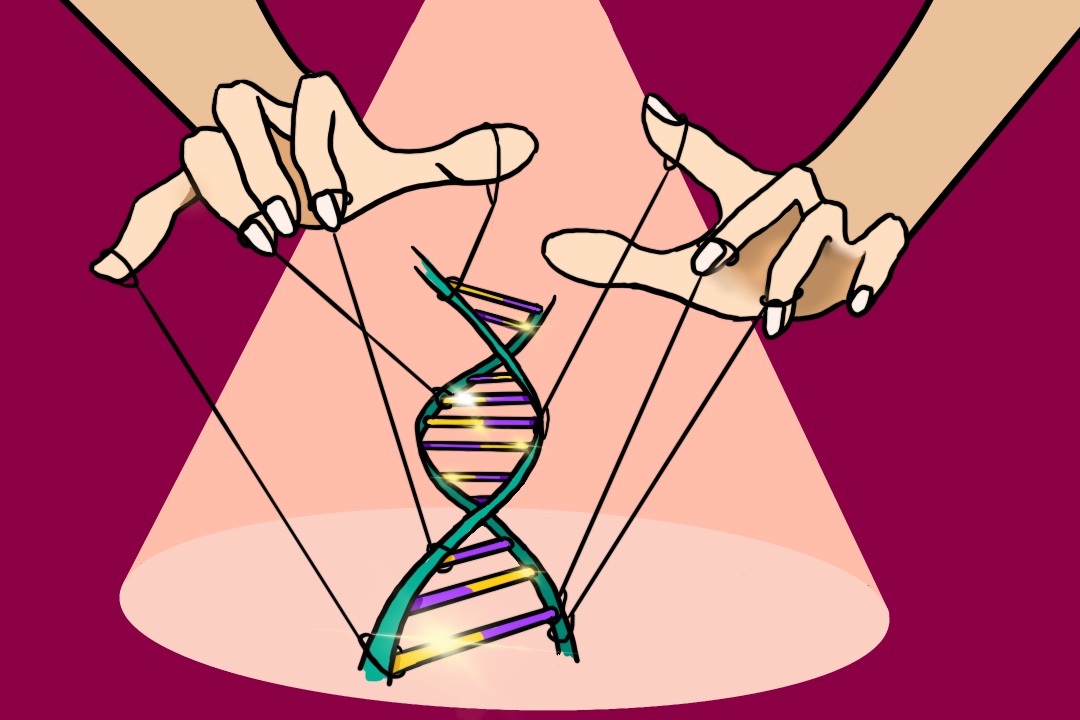Ethical Implications and Challenges in CRISPR Gene Editing
1. Introduction
The evolution of genetics from observational studies to the manipulation of the genomics landscape has been a revolutionary path, punctuated by milestones of technological achievement. The Ethics of Gene Editing: CRISPR Technology and Beyond touches on one such milestone – the discovery and evolution of the CRISPR-Cas9 system – and the gene editing opportunities it offers. However, with these opportunities come challenges and ethical issues that must be navigated carefully to ensure that the application of this genome editing technology is truly beneficial for future generations.
2. Overview of CRISPR-Cas9 Technology
Clustered Regularly Interspaced Short Palindromic Repeats (CRISPR) are portions of the genome that possess repetitive sequences. The CRISPR-associated protein 9 (Cas9) functions as a pair of molecular scissors, harnessing the ability to edit the human gene by cutting at specific target locations in the genome, facilitating editing of genetic information. With this gene editing technology, a new era of genetic engineering is on the horizon. This allows researchers to alter a given genome to study potential genetic influences on diseases, increase crop yield, or even edit the human genome for therapeutic purposes.

